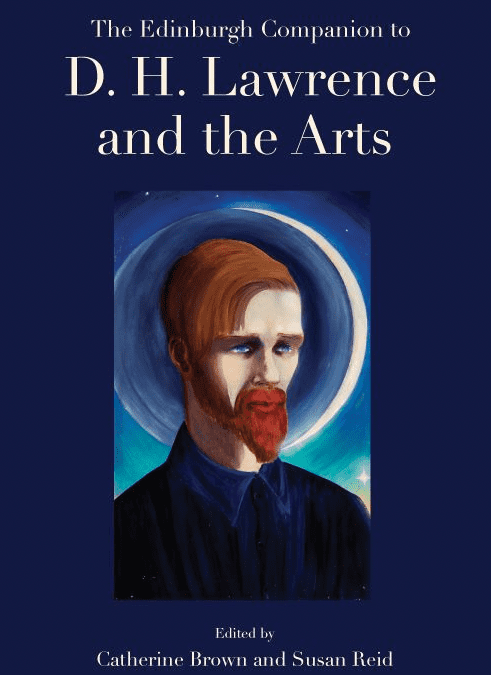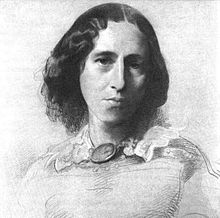This article was published in Comparative Literature, Vol. 63:1, Winter 2011, 25-46, and is presented here in pre-edited form.
The Unconscious Good Life in ‘Anna Karenina’ and ‘Women in Love’
Abstract
This article compares Tolstoi and Lawrence in their attitudes towards consciousness and representations of conscious being. It notes that, although Lawrence criticized Tolstoi for both his weakness of intellect and his anti-intellectualism, Lawrence’s own anti-intellectualism had a considerable amount in common with that of Tolstoi. Both Lawrence and Tolstoi advocated lowered states of consciousness, and warned against the dangers of self-consciousness and intellection. The fact that they did so in a conscious and reasoned manner involved them in self-contradiction. The extent and nature of this contradiction is compared in Women in Love, and the work by Tolstoi which preoccupied Lawrence at the time of writing it, Anna Karenina. The latter’s probable influence on both The Rainbow and Women in Love is noted; War and Peace and The Rainbow, which stand in similar relationships to the novels which followed them, are used as points of comparison. The article discusses ideas on consciousness in the novels’ own terms, its interpretative goal being comparative rather than thematic. Its method is to compare the states of consciousness, and ideas on consciousness, of a few characters from each novel. The most extended comparison is that of Levin and Birkin, who resemble their authors more than any other characters in their novels. Birkin is found to be less self-contradictory than Levin, since he is less anti-intellectual, and more aware of the contradiction involved in his advocacy of low-consciousness. There exists also an aspect of his characterization – which has no equivalent in Anna Karenina – according to which he exists in his speech, rather than diminishing his existence by reflecting upon it; the distinction and contradiction between his thought and action are therefore eliminated. This mode of characterization constitutes one way in which Lawrence distinguished his writing from that of the Russians, such as Tolstoi, whom he admired.




